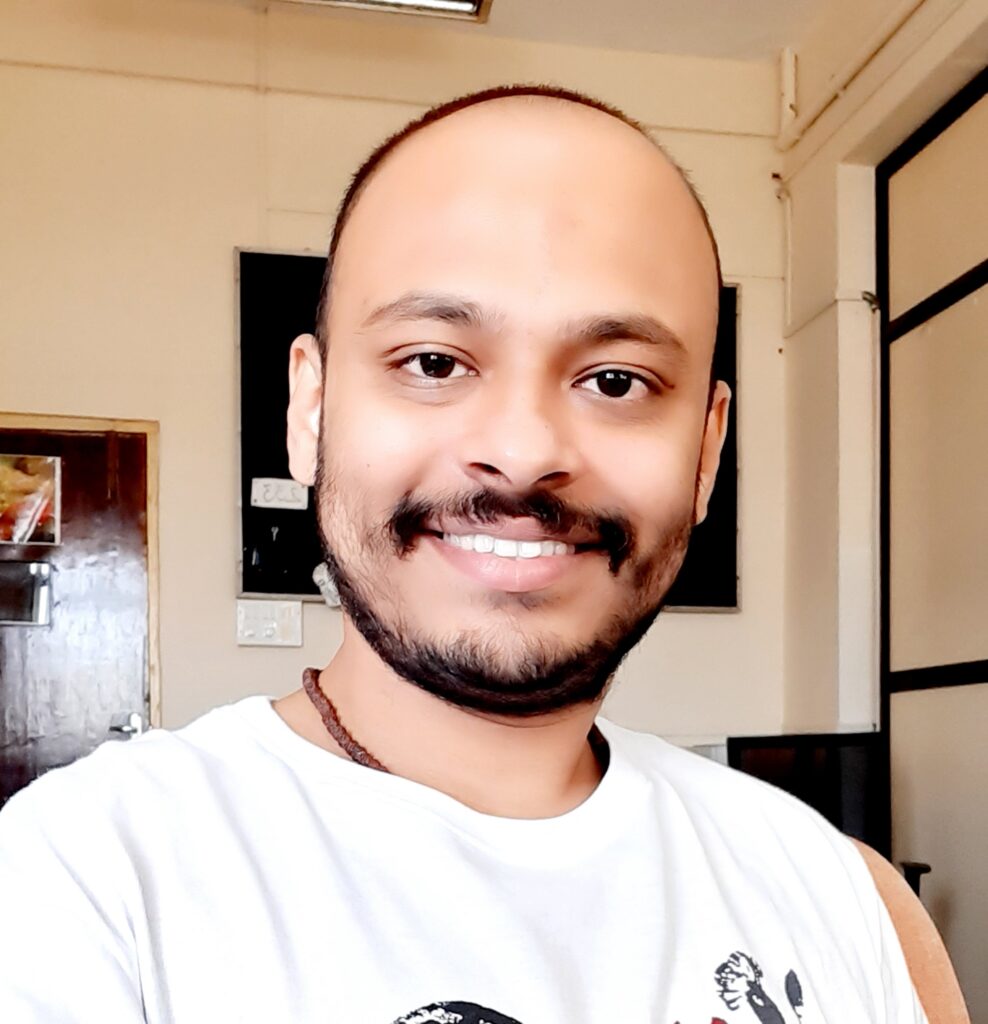
Contact
Email: kuldeep-dilip.more@univ-tlse3.fr
ORCID: https://orcid.org/0000-0002-8278-8086
Twitter: @Cooldip5
Academic Background
Kuldeep More is a Marie Skłodowska Curie IEF post-doctoral researcher in the AGES group. His project is titled “PALEOS: Paleoenvironmental investigations of Botai site” through which he aims to investigate how the past environmental changes influenced the horse husbandry practices at the Botai site and have those changes played any role in the extinction of the Botai culture.
He is interested in the fields of sedimentary paleogenomics, paleoecology, evolutionary biology, and paleovirology. He has a bachelor’s degree in Biotechnology (Solapur University, India) and a master’s degree in Virology (National Institute of Virology, India). In 2019, Kuldeep received a PhD in Sedimentary Paleogenomics at Curtin University, Perth, Australia. His PhD project “Ancient DNA archives in marine sediments” focused on using sedimentary DNA as a tool to study how paleoclimate variations affected the past marine ecosystems. These studies were performed on radiocarbon- dated Quaternary sediment records from the oxygen minimum zone (OMZ) impacted north-eastern (NE) Arabian Sea (43 ka BP), the anoxic Black Sea (13.5 ka BP) and the Red Sea that underwent drastic changes in water level during last 6 marine isotope stages and their transitions since 139 ka BP spanning previous two ice ages. He showed that past protist communities, sedimentary bacterial and archaeal populations reflected paleodepositional variabilities observed in the NE Arabian sea, the Black Sea and the Red Sea respectively. After his PhD, he received the INSPIRE faculty fellowship to work as a scientist at National Institute of Oceanography, India where he joined in July 2019 and continued working in the fields of sedimentary paleogenomics and molecular ecology.
Currently, Kuldeep is using ancient DNA methods, high-throughput sequencing and bioinformatics data mining-analysis for the fulfillment of his project PALEOS.
Selected Publications
- More, KD, Wuchter, C, Irigoien, X, Grice K. and Coolen M.J.L. (2021) Subseafloor Archaea reflect 139 kyrs of paleodepositional changes in the northern Red Sea. Geobiology.2021; 19: 162– 172. https://doi.org/10.1111/gbi.12421
- More K.D., Giosan L., Galy V., Grice K. and Coolen M.J.L. (2019) Holocene paleodepositional changes reflected in the deep biosphere microbiome of the Black Sea sediments. Geobiology. https://doi.org/10.1111/gbi.12338
- More K.D., Orsi W.D., Galy V., Giosan L., He L., Grice K. and Coolen M.J.L. (2018) A 43 kyr record of protist communities and their response to oxygen minimum zone variability in the Northeastern Arabian Sea. Earth and Planetary Science Letters, 496, 248–256.
- Laber C. P., Hunter J.E., Carvalho F., Collins J. R., Hunter E.J., Schieler B.M., Boss E., More K.D., Frada M., Thamatrakoln K., Brown C.M., Haramaty L., Ossolinski J., Fredricks H., Nissimov J.I., Vandzura R., Sheyn U., Lehahn Y., Chant R.J., Martins A.M., Coolen M.L.J., Vardi A., DiTullio G.R., Van Mooy B.A.S. and Bidle K. (2018) Coccolithovirus facilitation of carbon export in the North Atlantic. Nature Microbiology, 3, 537–547.